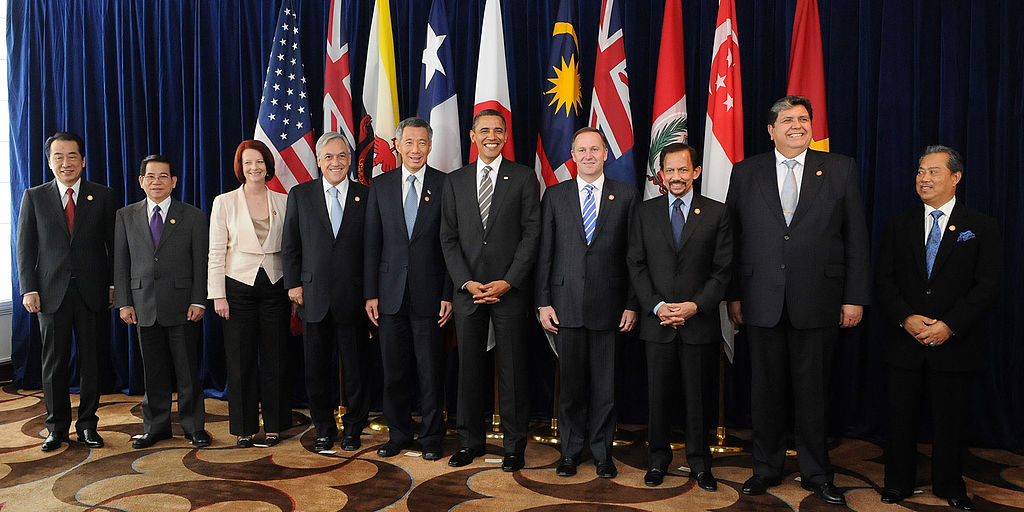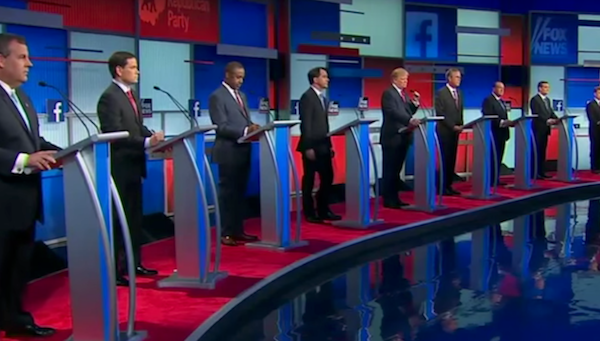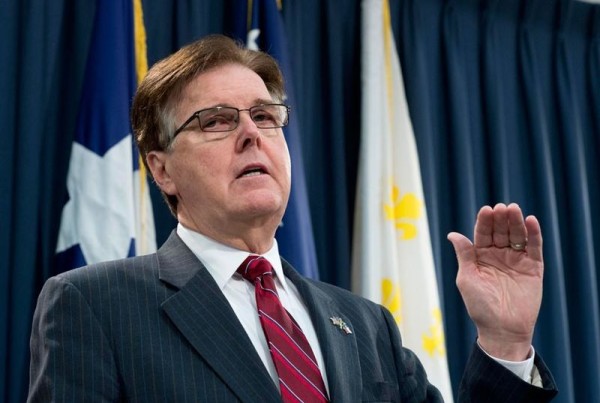Texas Senator John Cornyn is usually a staunch opponent of any legislative proposals from President Barack Obama, but when the White House asked Congress last spring for a law strengthening the administration’s ability to negotiate new free trade agreements, the Republican voted yes.
“That’s part of what’s made Texas the leader economically in the country,” Cornyn says, “because of our free trade and the fact that we export things that we raise, grow, and make in Texas to all parts of the world.”
The bill granted the Obama Administration what’s known as “trade promotion authority.” While the grant is in effect, Congress gives up its right to amend trade treaties. It can only vote “yes” or “no.”
What was remarkable was that, unlike most initiatives from the Democratic White House, this bill passed largely with Republican votes. Most Democratic members, including Houston Congressman Gene Green, opposed it.
“My first priority is the jobs in my own district,” Rep. Green says, “and these free trade agreements, at least in our district, do not help us.”
The trade promotion bill was designed to give the White House a freer hand in negotiating two major regional trade pacts, one with the European Union, the other with 11 nations in Asia and around the Pacific Rim. Talks on the latter — known as the Trans-Pacific Partnership, or TPP — wrapped up on October 5.
The administration wasted no time in trying to round up domestic support for the deal.
“Texas exported about $288 billion of goods to the world [in 2014], and $156.5 billion of that was to the TPP countries,” says Commerce Secretary Penny Pritzker, one of the lead voices in the administration’s lobbying campaign. She says many U.S.-made goods are subject to high tariffs in countries like Japan, Malaysia, and Vietnam. The trade deal would eliminate virtually all of those tariffs overnight.
“For example,” Pritzker says, “Texas exported about $2.1 billion of information and communication technology to new TPP countries in 2014, and they faced at that time a tariff as high as 35 percent. Now 96 percent of the U.S. ICT exports to new TPP countries will be duty free.”
According to the Commerce Department’s information sheet for Texas, the pact would actually eliminate 99.6 percent of such tariffs to TPP countries.
That would be a boon to companies exporting to TPP members, companies that support well more than 1.1 million Texas jobs.
Gene Green is skeptical. He’s heard these arguments before with other trade deals. “Starting with NAFTA in ’93-’94, we lost a number of plants to Mexico,” Rep. Green says, “and then in ’99, when we had normal trade relations with China, some of those same companies just transferred their production to China. And I think we’ll see the same thing here.”
That’s an argument both top Democratic presidential candidates endorse. Vermont Senator Bernie Sanders voted against trade promotion and says he’ll vote against TPP. Hillary Clinton, who supported the pact as Secretary of State, recently came out against it. But the argument is catching on with Republicans as well.
“You even have some of the leading candidates for president on the Republican side coming out against these trade deals,” says Senator Cornyn.
Those opponents include Donald Trump and Ben Carson. But lower in the polls, they also include candidates actually in a position to vote on the pact — candidates like Texas’ other senator, Ted Cruz, who voted against trade promotion authority after originally supporting it.
That’s left Cornyn pessimistic.
“I think it’s going to be very hard, if not impossible, to pass the Trans-Pacific Partnership until after the next election,” he says.















